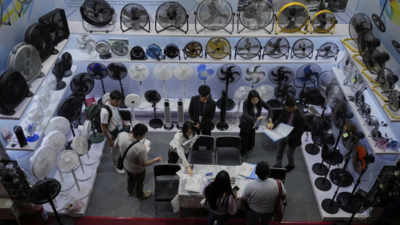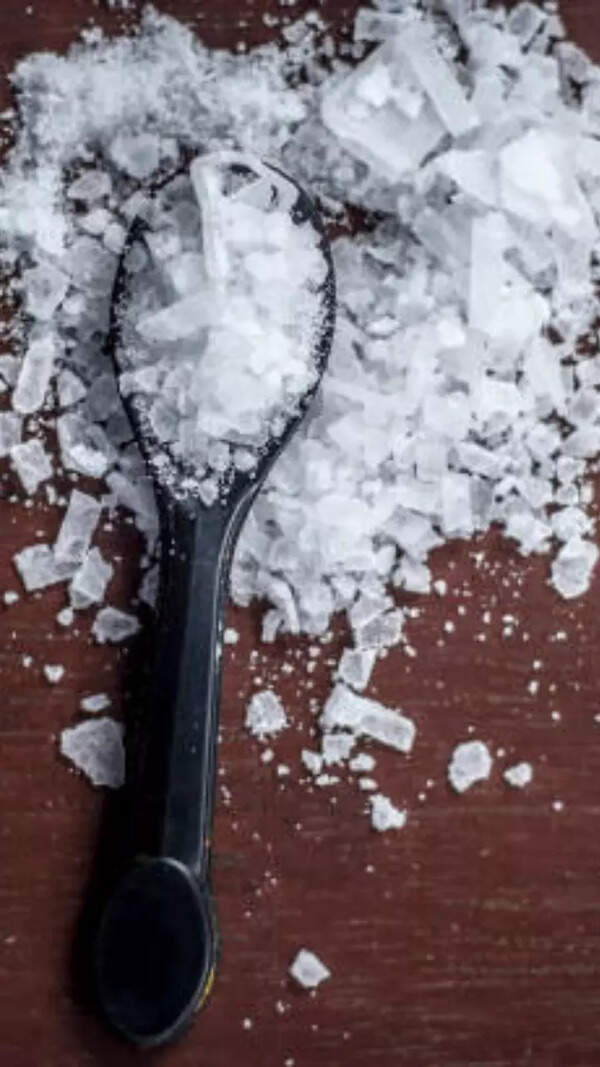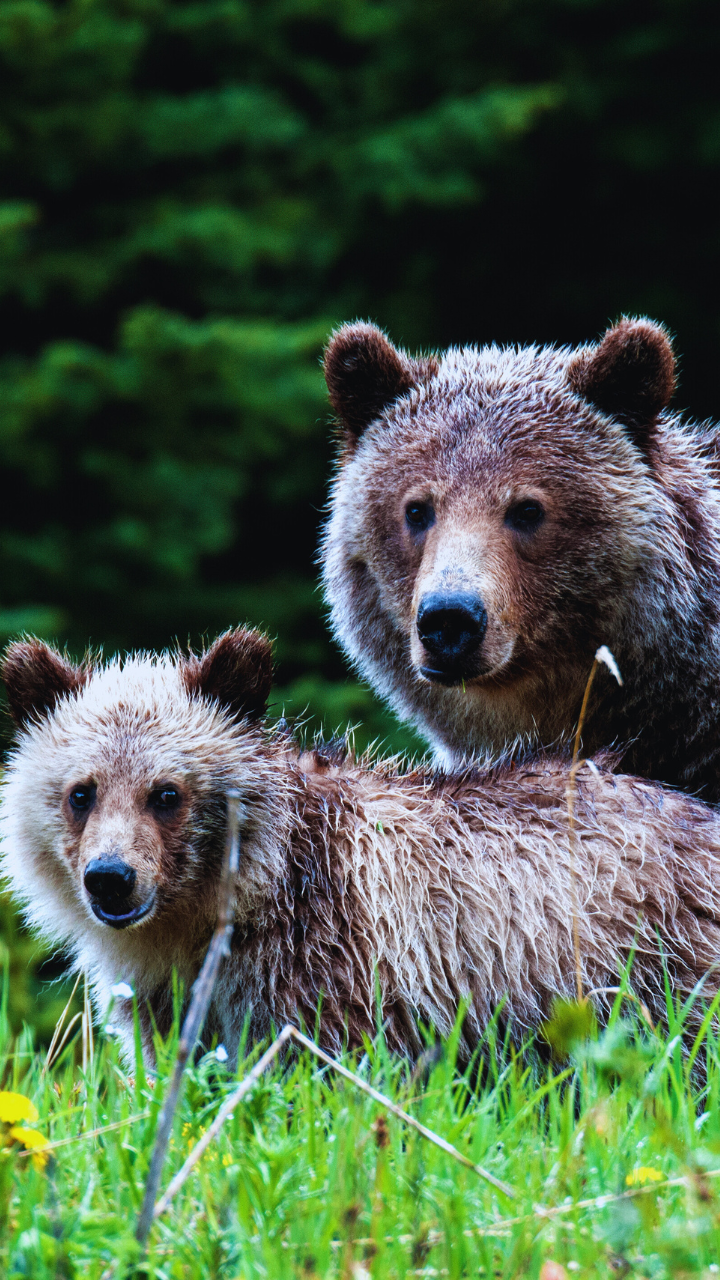- News
- Business News
- International Business News
- How 'origin washing' is helping Chinese exporters dodge Trump tariffs
Trending
How 'origin washing' is helping Chinese exporters dodge Trump tariffs
Chinese exporters are finding ways to avoid US tariffs. They are using 'origin washing' tactics. This involves rerouting goods through Southeast Asian countries. Social media promotes these methods. Vietnam and Thailand are increasing inspections. They want to detect fake origin certificates. US law requires 'substantial transformation' for goods to be relabeled.
Chinese exporters are increasingly utilizing "origin washing" tactics to circumvent hefty US tariffs, according to a report by Radio Free Asia (RFA). These tactics are being promoted via Chinese social media platforms, offering methods to bypass tariffs by re-exporting goods or misrepresenting manufacturing locations.Promotional videos on platforms like Xiaohongshu (RedNote) and Douyin (the Chinese version of TikTok) highlight businesses offering services that help exporters reroute goods through Southeast Asia, including countries such as Vietnam and Thailand. This is seen as a way to avoid the growing restrictions on exports passing through these regions, as reported by RFA.Taiwanese entrepreneur Lee Meng-chu explained in an interview with RFA that Chinese manufacturers dependent on the US market are increasingly seeking alternative transit options to avoid the 145 percent tariffs on Chinese goods.Freight forwarders and customs agents have become crucial in this process, helping to handle documentation, customs clearance, and certificates of origin. As demand for these services grows, their fees are also expected to rise. Some freight forwarders are reportedly assisting exporters in altering or repacking containers to obscure the products' origins.In response to the growing issue, Vietnam has stepped up its inspections to detect fraudulent origin certificates, while Thailand has intensified its efforts to verify the origins of goods being exported to the US to prevent tariff evasion.

About the Author
TOI Business DeskEnd of Article
Follow Us On Social Media
















